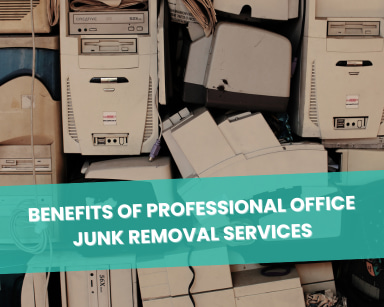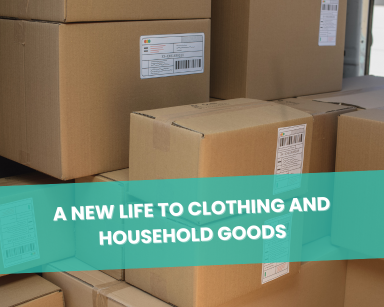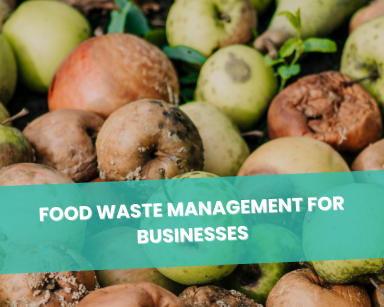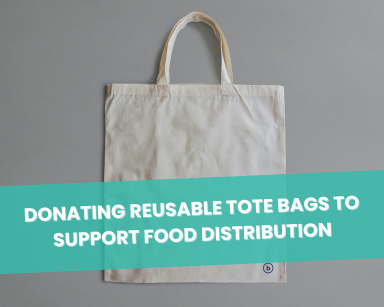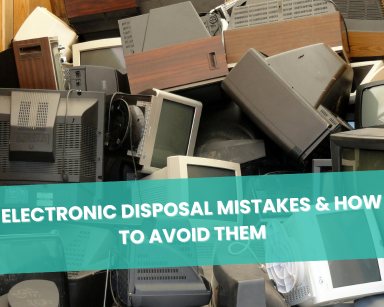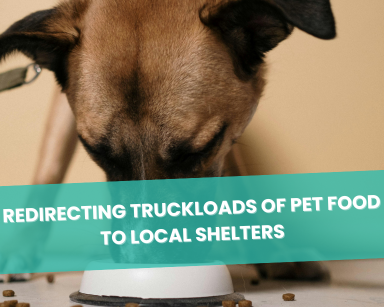SB 1383 Fact Sheet: Regulation Analysis
Table of Contents
SB 1383 Fact Sheet: Regulation Analysis
SB 1383: Behind the Regulations
In the ever-evolving landscape of environmental regulations, few have garnered as much attention as California’s SB 1383. The “SB 1383 Fact Sheet” serves as a testament to the state’s commitment to leading the charge in reducing methane emissions, one of the most potent greenhouse gases. While many might merely see it as another piece of legislation, it holds the promise of transforming how we view and handle organic waste, positioning California as a global model for sustainability. This article dives into the heart of the SB 1383 Fact Sheet, demystifying its components and emphasizing its significance in our collective quest for a more sustainable future.
Before diving deep into the intricacies of the SB 1383 regulations, it’s essential to have a comprehensive understanding of the intent behind them. With the alarming rates of methane emissions due to organic waste in California, the regulations are not just legal mandates but an urgent call to safeguard our future. It’s a state-wide move to protect not just the environment but also its inhabitants.
Methane Emission Reduction: A Deeper Dive
Methane is far more than just a gas; it’s a significant SLCP that stands multiple times stronger than CO2 in the greenhouse gas effect. SB 1383’s primary objective is to curb these emissions, ensuring that California steps up its role in global climate change mitigation.
What Most People Miss in the SB 1383 Fact Sheet
- Clarifications on organic waste: While most associate organic waste only with food and yard waste, the legislation widens this definition to include items like textiles, paper products, and specific sludges.
- Responsibilities across sectors: It’s not just businesses; even sectors that you wouldn’t think of at first, such as the fashion industry (because of textiles), come under the purview of SB 1383 regulations.
Dissecting Organic Waste: Beyond the Basics
When we talk about organic waste, it’s more than just kitchen scraps and yard leaves. The bill broadens this scope to include paper products and even certain textiles. By understanding the vast expanse of what constitutes ‘organic waste’, one can truly grasp the depth and breadth of SB 1383.
Unraveling Lesser-known Aspects of SB 1383 Regulations
The Role of Cities and Special Districts
Beyond businesses, municipalities play a significant role in SB 1383’s successful implementation. Their duty extends to:
- Providing collection services: Making organic waste collection services accessible to all residents and commercial entities.
- Educational outreach: Educating and informing residents and businesses about the importance of organic waste disposal and the means to do so.
- Continuous monitoring: Keeping tabs on compliance rates and actively working towards improving them.
The Untapped Potential of Organic Waste
Most people view organic waste as just that – waste. However, in reality:
- Organic waste, when treated correctly, can become a valuable resource. From being converted to compost that aids in agriculture to being transformed into energy, the potential is vast and largely untapped.
- In sectors like agriculture, treated organic waste can also lead to cost savings and reduced dependency on synthetic fertilizers.
Edible Food Recovery: A Hidden Gem of SB 1383
Most discussions around SB 1383 hover around waste, but few delve deep into its commitment to salvage edible food. The aim? To recover and repurpose at least 20% of disposed edible food by 2025. It’s not just about waste reduction but also ensuring that good food finds its rightful place.
Questions Every Californian Business Should Ask
Are we efficiently segregating our waste?
Efficient waste segregation is the first step towards SB 1383 compliance. This not only helps in the proper disposal of organic waste but also aids in its efficient repurposing.
Have we partnered with the right agencies?
From waste disposal agencies to NGOs working in the domain of food recovery, the partnerships a business forms play a pivotal role in ensuring compliance.
The Economic Implications of SB 1383 Regulations
Beyond environmental considerations, the SB 1383 regulations have a ripple effect on the state’s economy:
- Potential to boost green jobs: With an emphasis on recycling, composting, and other green processes, the regulations could lead to a surge in green jobs.
- Saving costs in the long run: Effective organic waste management might come with initial costs but can lead to significant savings in the long run, especially with reduced landfill usage and potential revenue from repurposed waste.
The Role of the Market and Haulers in SB 1383
Market Development: SB 1383 is not just about reducing waste but also nurturing markets for recovered organic products. This dual approach ensures sustainability in the long run.
- Procurement of Products: It’s not just about producing; it’s also about consuming. Local jurisdictions have specific procurement targets for these recycled organic products, sustaining a thriving market.
- Waste Hauler Mandates: Those transporting waste have a clear path set out for them — separate and process organic waste diligently.
The Road Ahead
As the 2025 deadline looms closer, it’s crucial to understand that the journey doesn’t end there. SB 1383 isn’t just about meeting a target but initiating a cultural shift in how we view waste.
SB 1383 Targets: The Numbers Tell a Story
Achieving a 50% reduction in the disposal of organic waste from the 2014 levels by 2020 was the first milestone. The goal is to further shrink that down to a 75% reduction by 2025. These figures are not just arbitrary numbers but reflect a determined commitment to revolutionizing waste management.
Final Thoughts
In conclusion, the SB 1383 regulations are not just legal mandates; they’re a clarion call to Californians to usher in a new era of sustainability. As we delve deep into the SB 1383 fact sheet, it becomes evident that the future depends on our actions today. Whether you’re a business, a city, or an individual, the time to act is now.

